At the Shanghai Cooperation Organisation (SCO) summit in Tianjin, Prime Minister Narendra Modi’s strong call for united action against terrorism found resounding support, marking a significant diplomatic achievement for India. In a rare acknowledgment, the SCO summit declaration explicitly condemned the recent Pahalgam terror attack that claimed 26 lives and adopted India’s stance against “double standards” on terrorism.
This was particularly notable since Pakistan, long accused of sponsoring cross-border terrorism, is a member of the bloc and its Prime Minister Shehbaz Sharif attended the meeting. The declaration expressed “deepest sympathy and condolences” to the victims’ families and underlined that perpetrators, organisers, and sponsors of such acts must be held accountable. Member states also emphasized that terrorism, separatism, and extremism cannot be exploited for mercenary purposes, echoing Modi’s insistence on collective responsibility.
In his address, the Prime Minister reminded the gathering that India has borne the brunt of terrorism for over four decades. Referring to the Pahalgam attack, he said it was “not just an attack on India’s soul but a challenge to all humanity.” Stressing that terrorism is a universal threat, Modi urged nations to “say in one voice” that no justification or selective approach is acceptable.
The Tianjin Declaration reflected these words, declaring that “double standards” in fighting terrorism are unacceptable and calling for global cooperation to curb cross-border terrorist movements.
Beyond counterterrorism, the summit also showcased strategic unity among India, Russia, and China. Optics of Modi, Russian President Vladimir Putin, and Chinese President Xi Jinping exchanging smiles and handshakes sent a clear signal of Eurasian solidarity amid U.S. President Donald Trump’s tariff escalation. A visibly cordial interaction among the three leaders underscored that India remains committed to balanced diplomacy, prioritizing security, peace, and development.







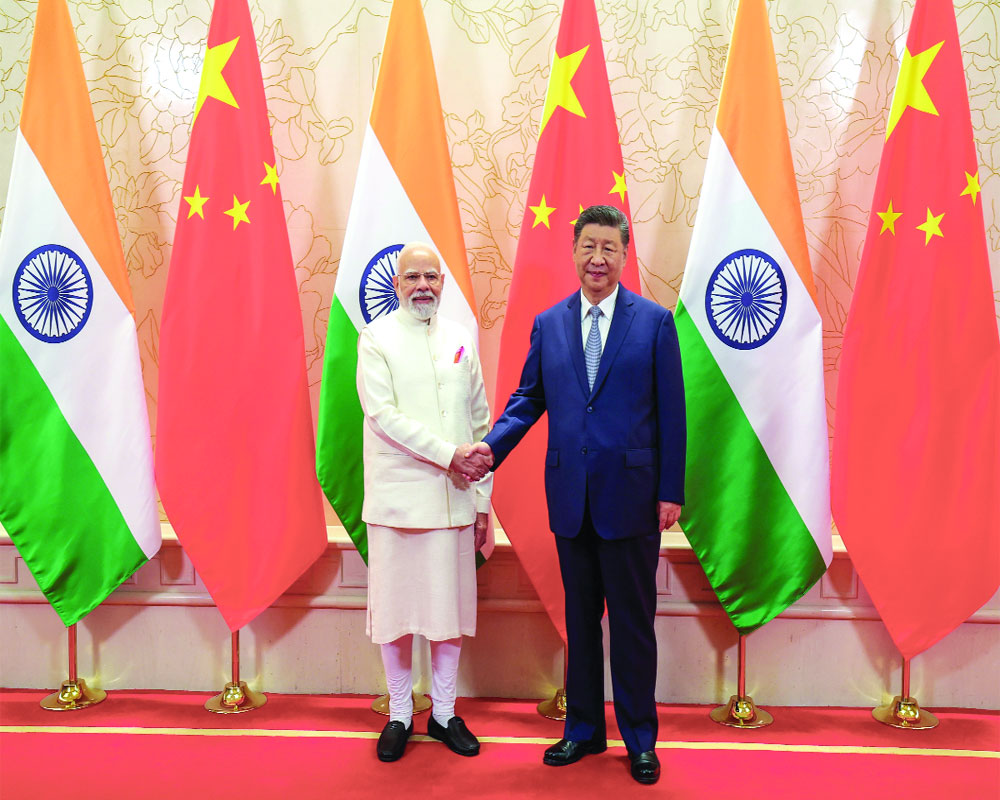
 OpinionExpress.In
OpinionExpress.In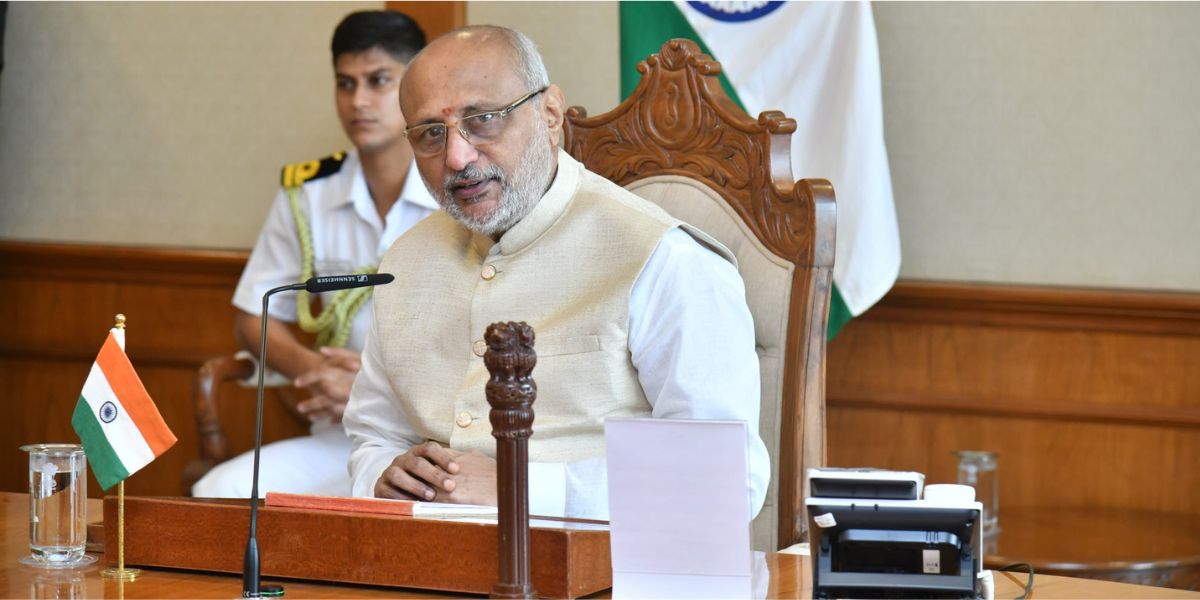
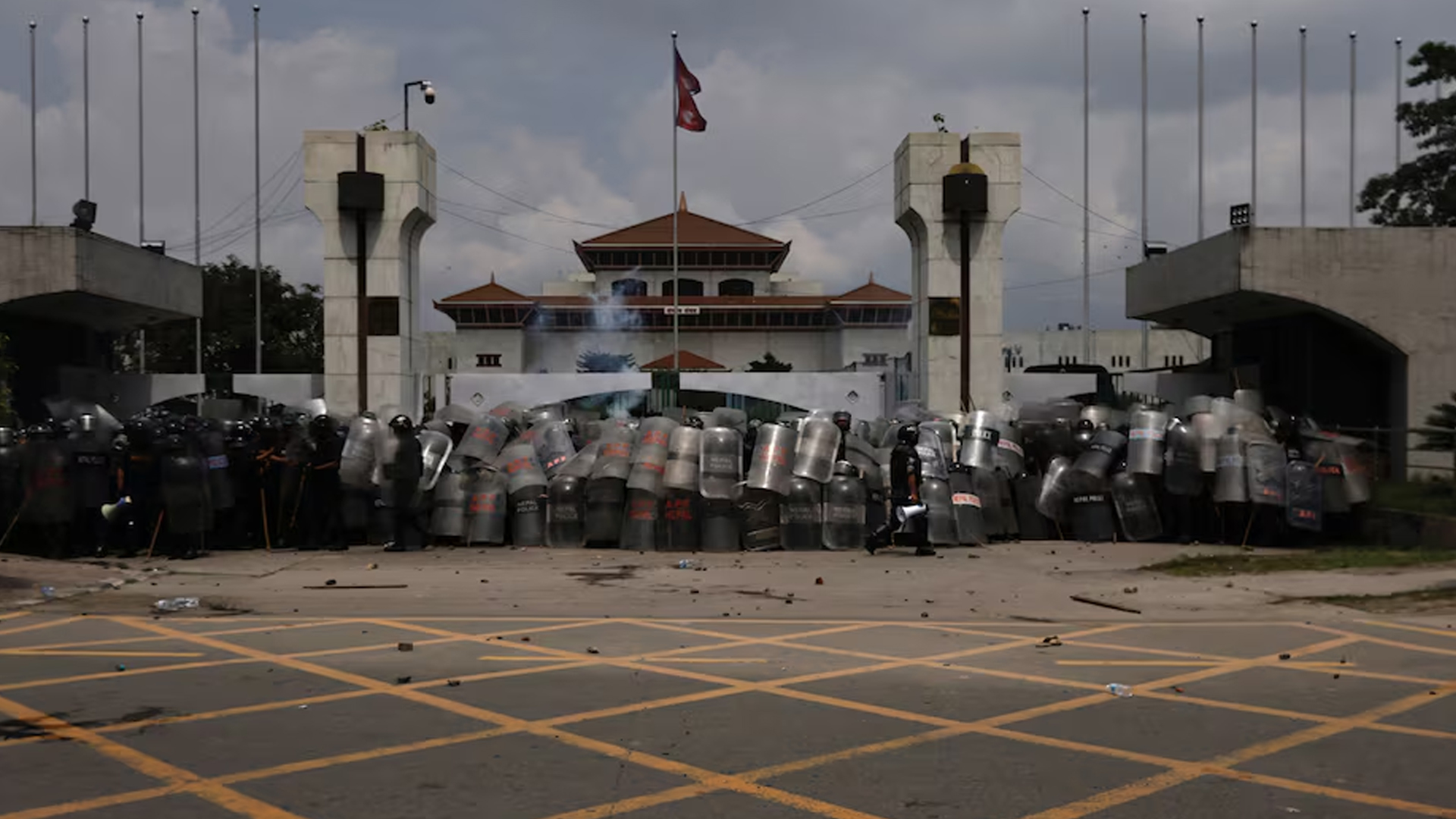
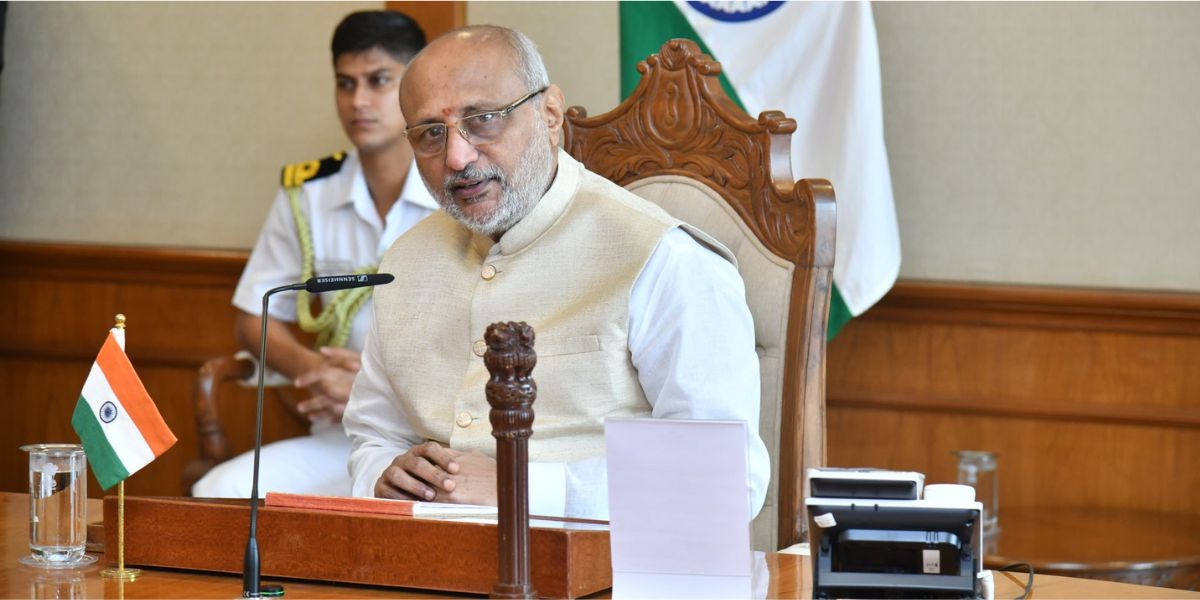
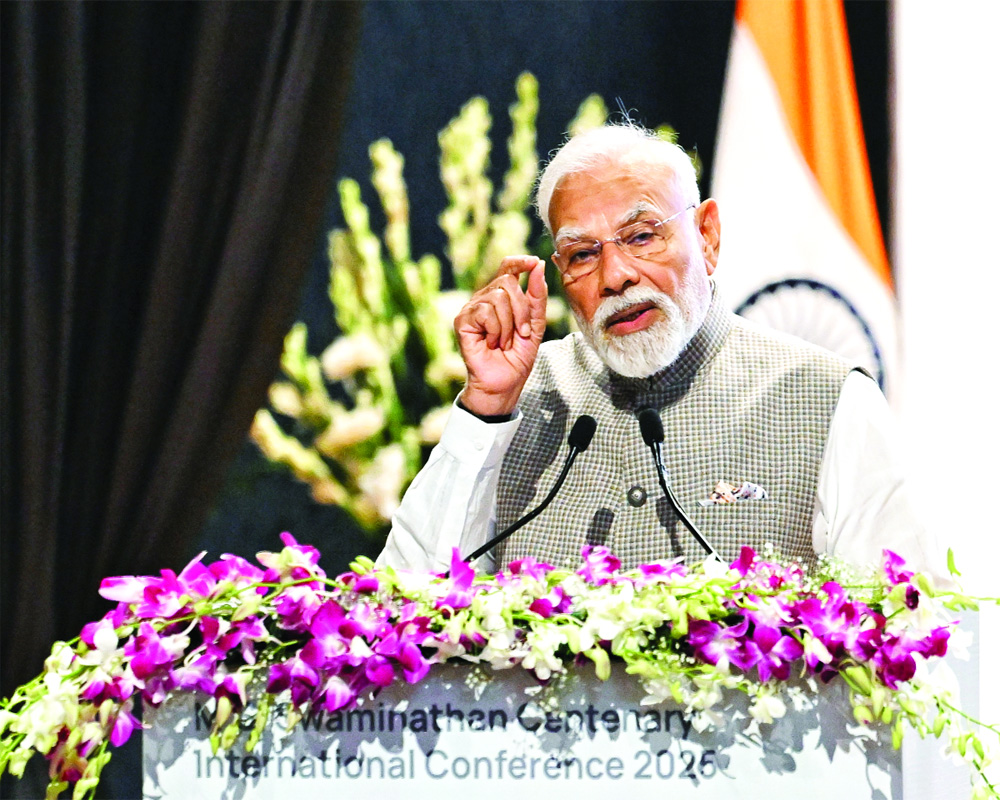
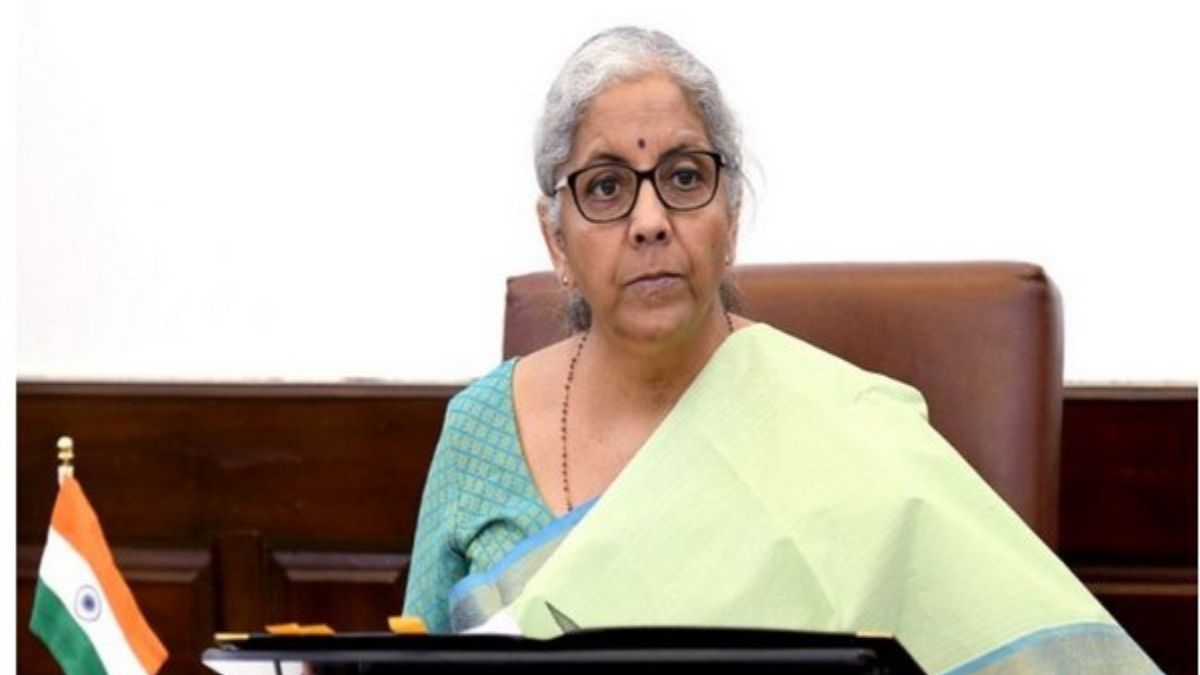

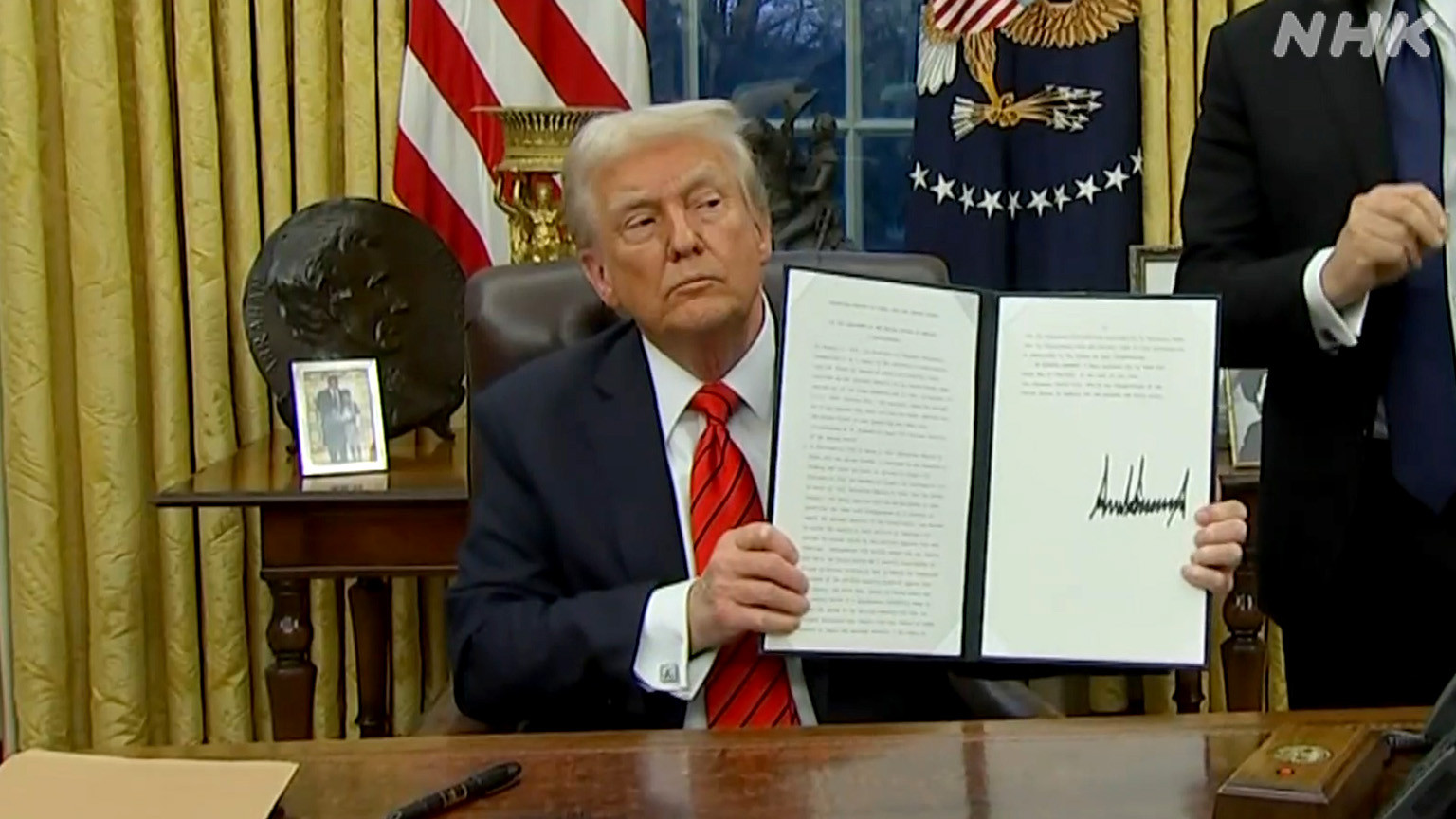

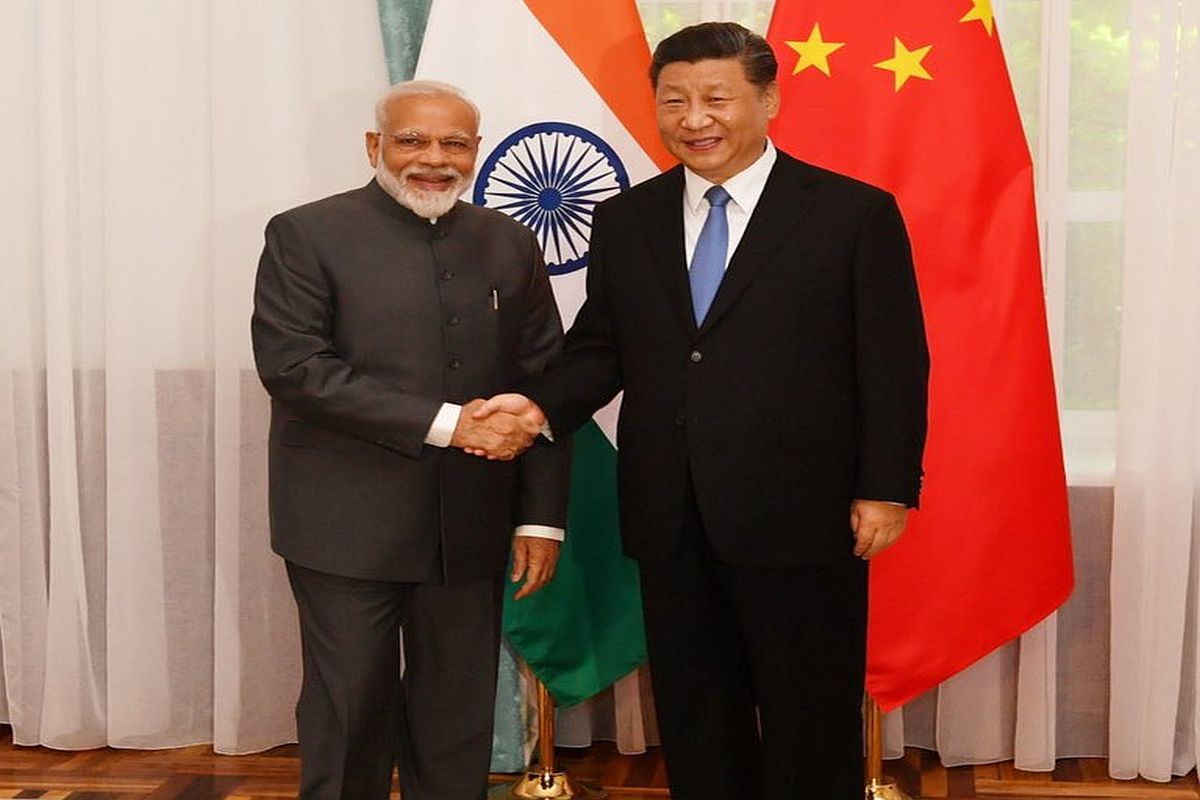
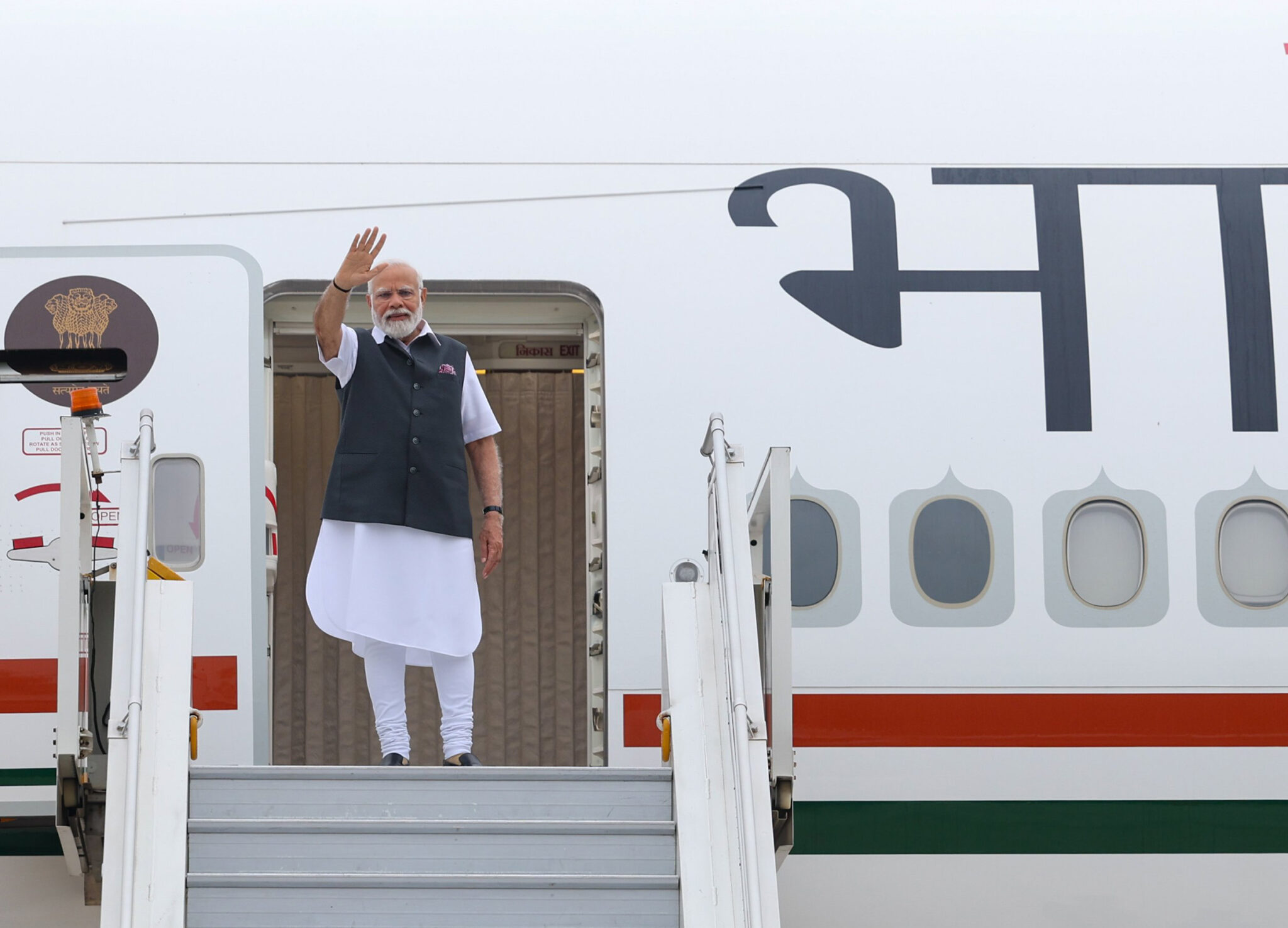






Comments (0)